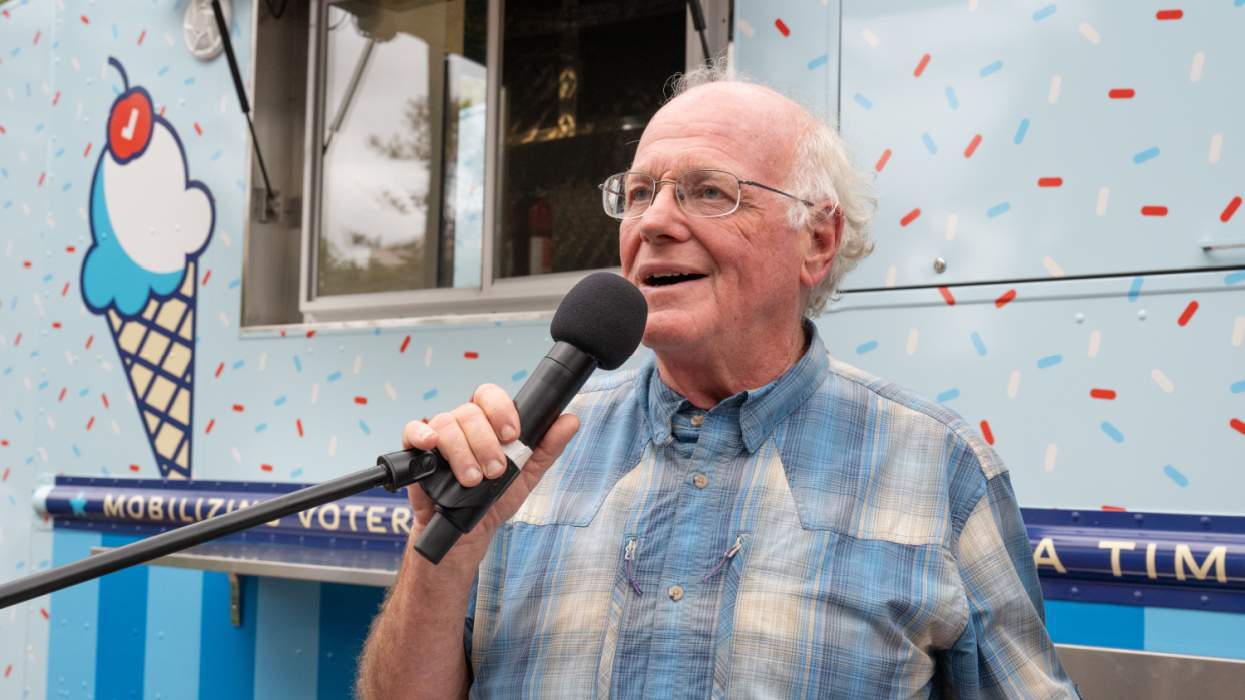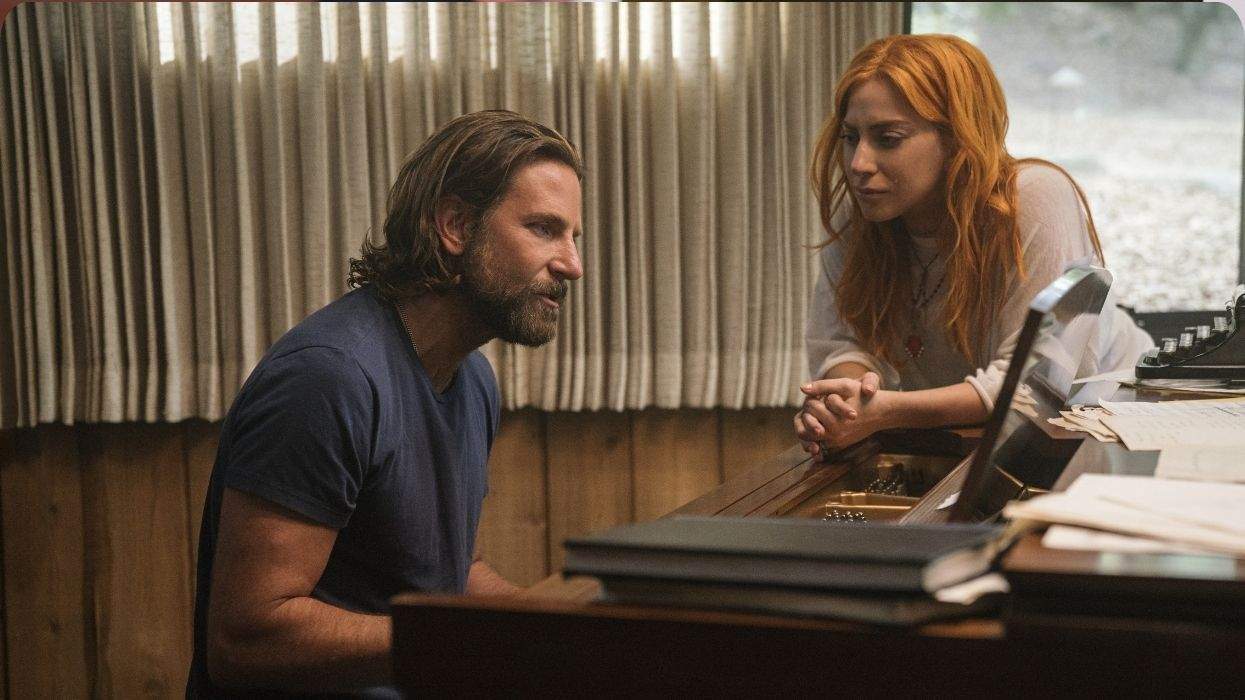Kentucky’s version of a “don’t say gay” law is creating many problems for LGBTQ+ students — and the parents and teachers who want to support them.
In March, the state’s Republican-majority legislature overrode Democratic Gov. Andy Beshear’s veto to pass one of the nation’s farthest-reaching anti-LGBTQ+ laws. Senate Bill 150 includes a ban on all gender-affirming care for minors plus a prohibition on public school instruction on sexual orientation and gender identity at all grade levels. It also requires school districts to “at a minimum” bar trans students from using the restrooms comporting with their gender identity and mandates that school personnel tell parents about confidential discussions with students about sexual orientation or gender identity, essentially forcing the outing of these students. It further lets teachers ignore students’ chosen pronouns.
“What started out as really a bill focused on pronouns and bathroom use morphed into this very broad anti-LGBTQIA+ piece of legislation that outlawed discussions of gender and sexuality, through all grades and all subject matters,” Jason Glass, the former Kentucky commissioner of education, recently told the Kentucky Lantern. Glass left his post in September for a job at Western Michigan University amid Republicans’ criticism of his support for LGBTQ+ students, with some even calling for him to be fired.
Other supportive teachers and administrators are finding there’s no place for them in the state anymore. Willie Carver, a gay man who was Kentucky’s Teacher of the Year in 2022, has now left teaching because of the hostility he faced — something students still have to deal with, he said. “We’ve ripped all of the school support away from the students, so they’re consistently miserable and hopeless,” he told the Lantern.
The new law means it’s harder for gay-straight alliances, sometimes called gender and sexuality alliances, to operate in schools, even though they’re sorely needed now. In the small rural community of Owenton, the GSA, known as PRISM (People Respecting Individuality and Sexuality Meeting), has shut down because of students’ fears. Owen County High School Principal Renee Boots told the Lantern the club has simply broadened its focus, but parent Rachelle Ketron said students were afraid to continue meeting.
Ketron helped the club get started after her transgender daughter, Meryl, died by suicide in 2020. It first met at the local public library, then got approval as a school club in 2022. Ketron has been trying to revive the group outside of the school, but students are reluctant because many of them aren’t out to their parents, she said.
This year, Ketron lost another trans child, a foster daughter, to suicide. She and her wife, Marsha Newell, have made a major effort to foster LGBTQ+ kids. “Just because I’m uncomfortable or this is a foreign place for a queer kid to be doesn’t mean there aren’t queer kids born here every day,” she said. Ketron, who was married to a man when she moved to Owenton from Cincinnati in 2014, said her children have been bullied for their LGBTQ+ identity and for having two mothers.
Queer kids and GSAs are having trouble even in larger, more progressive communities, the Lantern reports. In Lexington, home to the University of Kentucky, a high school GSA has lowered its profile — for instance, no longer announcing its meetings over the school’s public address system, for fear that administrators would shut it down, a trans and nonbinary student told the publication.
“The school felt so much safer knowing that [a GSA] existed because there were students like you elsewhere,” said the student, identified only as Anna. “You could go in and say, ‘Hey, I’m trying out this set of pronouns. I’m trying to learn more about myself. Can you all, like, call me this for a couple of weeks?’ It just allowed for a place where students like me could go.”
Nationwide, the number of GSAs is the lowest it’s been in 20 years, according to GLSEN. That could be partly because students have found other resources and schools have become more accepting — or, conversely, because an anti-LGBTQ+ climate has made it harder for them to operate.
Ketron told the Lantern she intends to keep on fighting for GSAs and is also organizing a summit for queer young people. “At its core,” a GSA is “a protective factor and so very needed, especially in a rural community,” she said.
If you are having thoughts of suicide or are concerned that someone you know may be, resources are available to help. The 988 Suicide & Crisis Lifeline at 988 is for people of all ages and identities. Trans Lifeline, designed for transgender or gender-nonconforming people, can be reached at (877) 565-8860. The lifeline also provides resources to help with other crises, such as domestic violence situations. The Trevor Project Lifeline, for LGBTQ+ youth (ages 24 and younger), can be reached at (866) 488-7386. Users can also access chat services at TheTrevorProject.org/Help or text START to 678678.















Charlie Kirk DID say stoning gay people was the 'perfect law' — and these other heinous quotes
These are some of his worst comments about LGBTQ+ people made by Charlie Kirk.